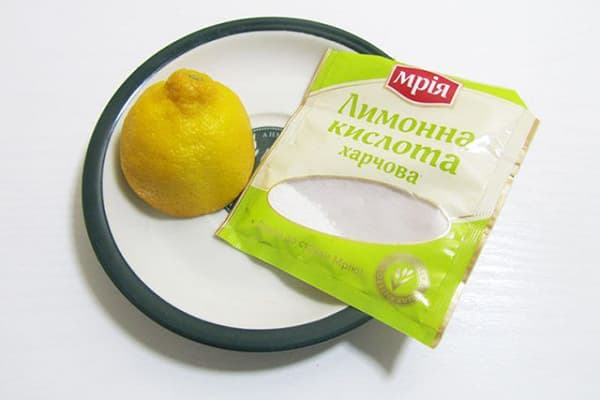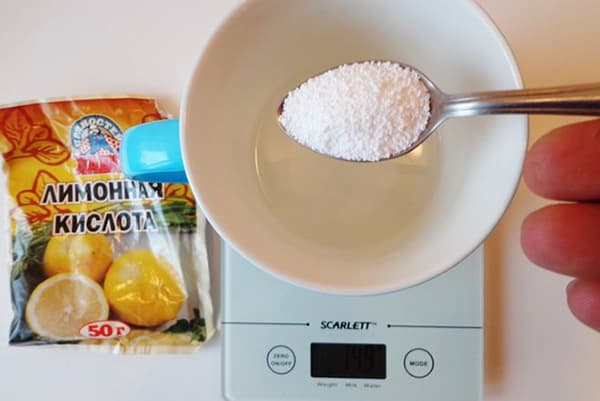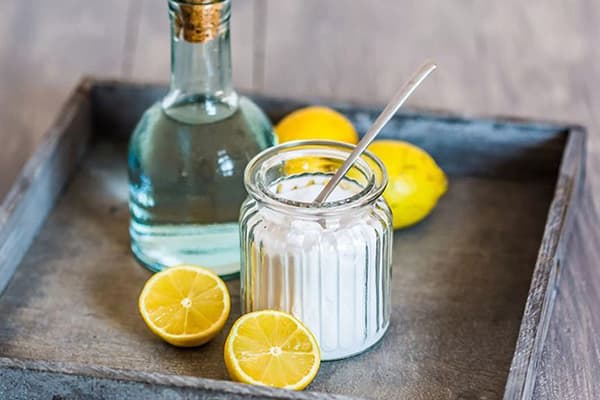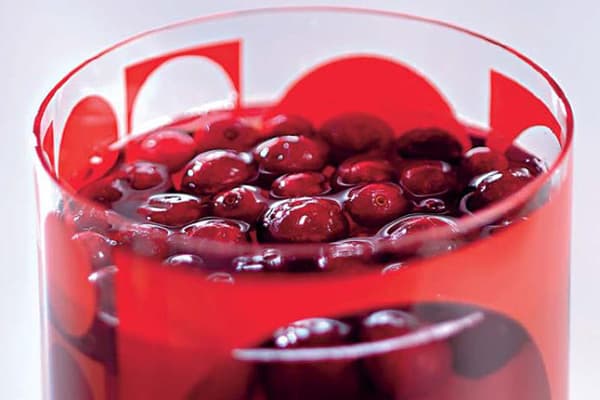Can citric acid be replaced with lemon juice and vice versa?
To answer the question of whether it is possible to replace lemon with citric acid, it is necessary to clarify for what purpose the replacement is being made. If it is for health improvement and obtaining an identical taste, then no. But in the preparation of most dishes, lemon and citric acid are completely interchangeable components.

Advantages and disadvantages of replacing juice with acid
Lemon contains many beneficial substances and aromatic essential oils. Its main advantage is its benefits to the body. It has tonic properties, improves immunity, improves memory and prevents inflammatory processes.
Lemon and citric acid have only one similarity - a sour taste. "Limonka" is a chemical product. It is obtained through the biosynthesis of sugary substances. Although previously it was actually obtained from citrus fruits.
Pros of using citric acid in dishes:
- low cost;
- compactness;
- long shelf life;
- versatility;
- good solubility in any liquid;
- Allowed for people with allergies to citrus fruits.
“Limonka” loses to juicy citrus only in several respects:
- has a sour, but completely unnatural, unpleasant taste;
- has no smell;
- does not contain vitamins and nutrients.
A pack of citric acid (25 grams) can replace 4-5 lemons, which is equivalent to 150 ml, or 10 tbsp. l, juice.
When is it possible?
Lemon juice can be replaced with acid from a pack if the dish is planned to be heat treated.With strong heating, beneficial substances still evaporate from the juice. The only thing is that the dish will not have a lemon smell. But this will not affect the taste at all.
Add “lemon” instead of lemon juice:
- in marinades for fish and meat;
- in jam;
- in mousses and creams;
- in syrups and sauces;
- in meringues, fondants;
- into baking dough;
- in soft drinks.
But it is not recommended to spray prepared dishes with the solution. This will not have the best effect on the taste.
Proportions for replacement
It is impossible to calculate exactly how much “lemon” you need to take so that its acidity matches the juice of one lemon. Firstly, citrus fruits come in different sizes, and secondly, they differ in juiciness and thickness of the peel. Thirdly, some varieties are very sour, others are more watery. Therefore, all calculations of proportions will be approximate:
- 100 ml lemon juice = 100 ml water and 16 g citric acid.
- Juice of one lemon = 30–40 ml of water and 5 g of lemon juice (teaspoon).
- 1 tbsp. spoon of lemon juice = 1 tbsp. a spoonful of water and 0.5 teaspoons of lemon.
It is advisable to taste the diluted liquid. If it is not sour enough, add lemon. And if it’s the other way around, add water.
You definitely shouldn’t replace lemon with acid to boost immunity or improve health. It does not benefit the body and in high doses can cause irritation of the mucous membranes, burns, stomach pain, burning, and nausea.
Other lemon substitutes
Citric acid is not the only substitute for lemon. If you don’t have either one or the other at hand, you can successfully use:
- sour berries (red currants, lingonberries, cranberries);
- sorrel;
- oranges and tangerines;
- pomegranate, cherry, cranberry, apple, grape juice without sugar;
- table, apple or wine vinegar;
- lemon pepper (when cooking fish).
Natural substitutes are rich in bioactive substances and are beneficial for health. Most often, instead of lemon in cooking, 9% table vinegar is used: 4 teaspoons replace the juice of 1 lemon or 1 teaspoon of lemon juice.
So, can you replace lemon with citric acid? In cooking, definitely yes. Both components add sourness, make meat and fish juicy, and prevent sweet creams and jam from crystallizing. When replacing, be guided by the above proportions and taste the solution to get the desired percentage of acidity.



I started marinating the fish, and the lemon became moldy. I immediately thought about replacing it with citric acid. But how exactly to do this? Thanks to the author for writing the proportions.